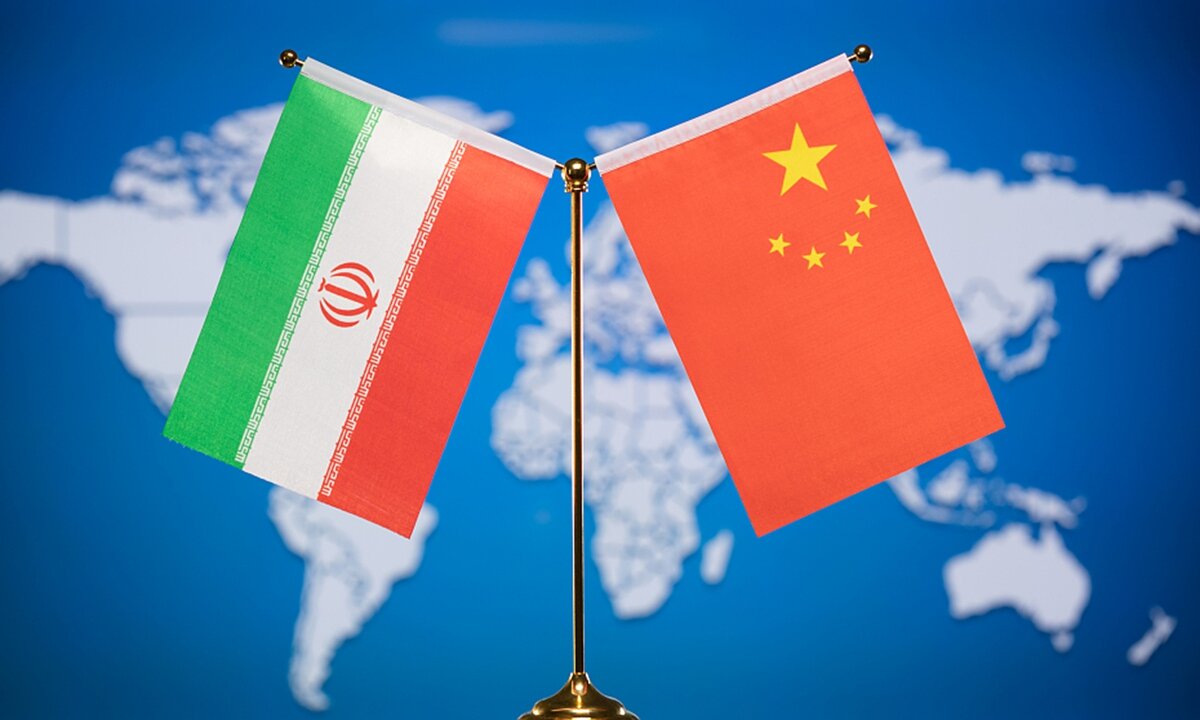Iran needs to understand China directly

TEHRAN- “I am Chinese and proud of my country, but I cannot deny that China’s ability to play a role in international society is less than not only the United States but even Iran.”
This is a sentence I have heard several times in different ways, and this time a Chinese journalist said it as well. According to him, China does not have extensive military bases around the world like the United States, nor can it pursue its goals and interests through a “resistance network” like Iran. This is despite the fact that China has been actively seeking to play a political role in the world in recent years.
China’s phenomenal economic rise in recent decades has propelled it to the forefront of international affairs. Unlike the United States’ projection of power through military bases, China’s approach is subtler, relying on cultivating influence through “soft power.” However, this strategy faces challenges, particularly in navigating the established Western narratives about China.
One obstacle China confronts is its self-imposed policy of “non-interference.” While promoting peaceful relations, it limits China’s ability to address situations of strategic interest, as seen in Ethiopia where it has significant investments but remains uninvolved in the ongoing conflict.
To counter this limitation and cultivate a more favorable global image, China has actively employed soft power and public diplomacy tools. The Confucius Institutes, educational and cultural centers established worldwide, serve as an example. These institutes promote the Chinese language, history, traditions, and culture, fostering deeper understanding and potentially shaping perceptions in alignment with China’s interests. However, the story becomes interesting when we learn that according to a report by the National Association of Scholars in the United States in 2022, out of 118 active Confucius Institutes in the United States, 104 had been completely shut down or were on the path of closure. Additionally, in the U.S. government’s 2021 budget, research funding for universities and academic institutions that had contracts with the Confucius Institute was cut. This shows that although China entered the “soft power” competition later than the Western countries, it has developed well enough to cause this level of concern.
China is also showcasing a multifaceted image by moving beyond its well-known megacities as Beijing and Shanghai. Highlighting lesser-known provinces, such as Qinghai, with its significant Muslim population that freely practices its religion and can attain high-ranking official posts, challenges the perception of China as a monoculture. Additionally, Qinghai’s focus on renewable energy strengthens China’s credentials as a leader in sustainability, a critical issue on the global agenda. Recently, an Iranian media delegation visited Qinghai Province, China, at the invitation of the province’s Foreign Affairs Office.
A significant challenge for China lies in the dominance of Western narratives that often portray the country in a negative light. Issues like human rights, Xinjiang’s Uyghur issue, and the Taiwan question are heavily influenced by Western media and political discourse. China is actively trying to counter this narrative by promoting its own perspective and increasing its international media presence.
Iran at the Crossroads
Iranian public opinion has relied on Western perspectives to understand China. However, this approach may limit opportunities for forging a strong partnership with China, a potential economic and political counterweight to the West.
Three paths lie ahead for Iran. First, Iran can continue to rely on Western narratives about China, potentially missing out on cooperation opportunities. Second, Iran can take a more proactive approach by translating Chinese news and data directly, fostering a deeper understanding of China on its own terms. Finally, Iran can engage China directly, developing its own political, economic, and cultural ties with the rising Asian power. This path holds the most promise for Iran, allowing it to shape its own relationship with China and benefit from its economic and technological advancements.
The global order is undergoing a significant shift toward a multipolar world, with China’s growing role as a key driver. Countries like Iran should carefully navigate this new landscape, forging their own path in a world increasingly influenced by a new order.
Leave a Comment